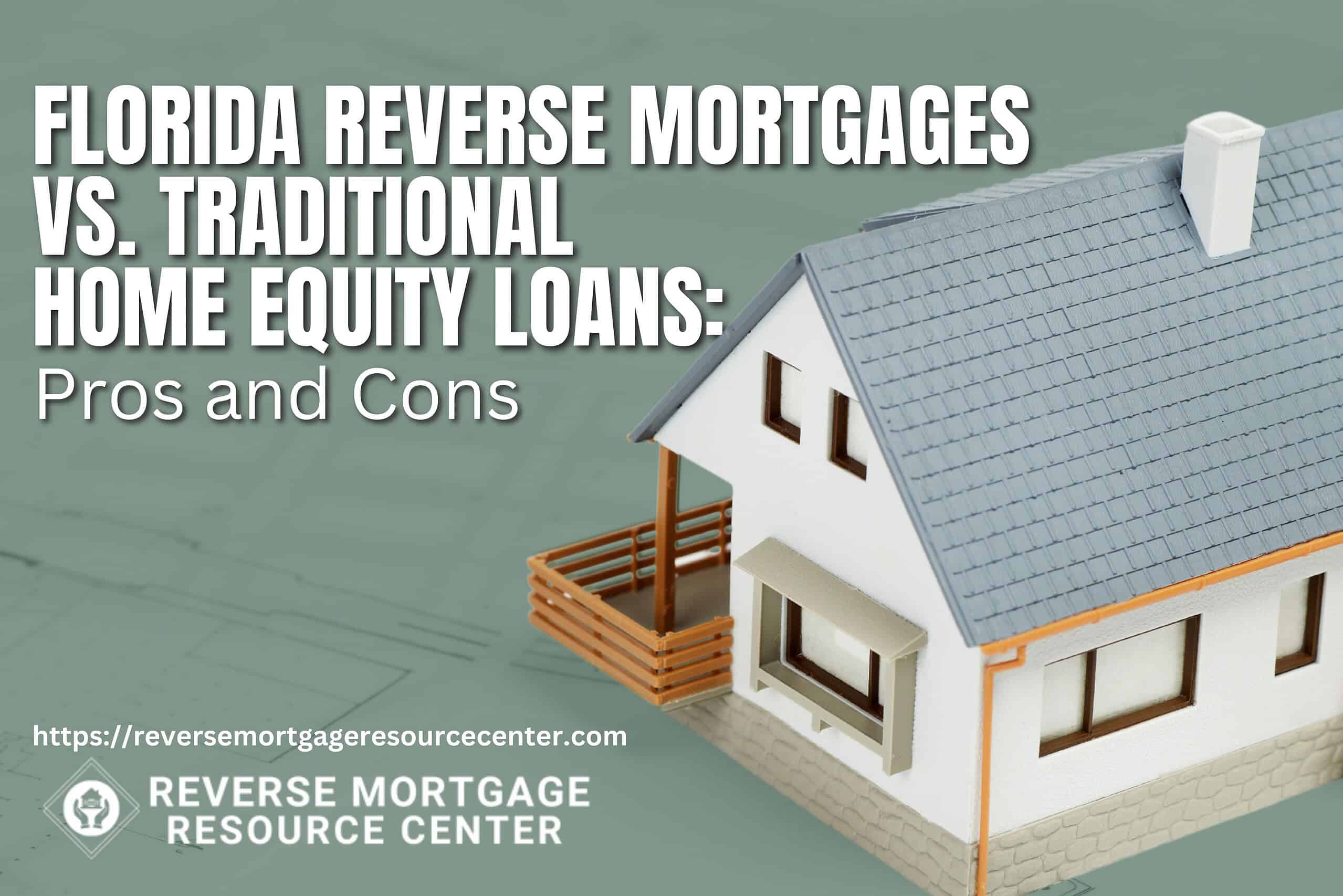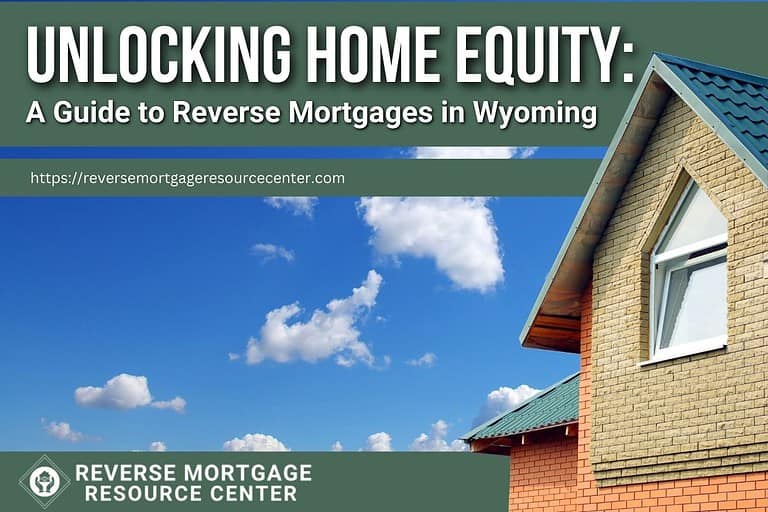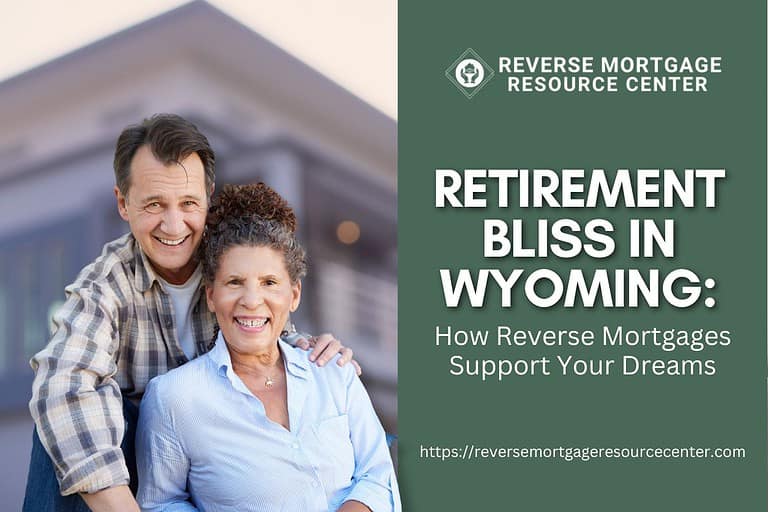Florida Reverse Mortgages vs. Traditional Home Equity Loans: Pros and Cons
When tapping into your home’s equity in the sunshine state of Florida, two popular options come to mind: reverse mortgages and traditional home equity loans. Both can provide homeowners much-needed financial flexibility, but they work in fundamentally different ways and come with pros and cons. This article will delve into the key differences and help you decide which option suits your financial needs and lifestyle.
Understanding the Basics
Reverse Mortgages
A reverse mortgage is a specialized home loan that allows eligible homeowners, typically those aged 62 and older, to convert a portion of their home’s equity into readily accessible funds. The distinguishing feature of a reverse mortgage is that the homeowner doesn’t make monthly mortgage payments; instead, the loan is repaid when the homeowner sells the home, moves out, or passes away. There are several types of reverse mortgages, with the Home Equity Conversion Mortgage (HECM) being the most popular in the United States.
Traditional Home Equity Loans
Traditional home equity loans are more conventional, where homeowners borrow money against the equity they’ve built in their homes. However, these loans require regular monthly payments. As is the case with Reverse Mortgages, homeowners can use the funds for various purposes, such as home improvements, debt consolidation, or other financial needs.
The Pros and Cons
Reverse Mortgages
Pros of Reverse Mortgages
- No Monthly Payments: One of the most appealing aspects of reverse mortgages is that homeowners don’t need to make monthly payments. This can be a significant relief for retirees on fixed incomes.
- Tax-Free Funds: The funds received from a reverse mortgage are typically not considered taxable income, which can be advantageous for those concerned about the tax implications of borrowing against their home.
- Staying in Your Home: You can continue to live in your home as long as you meet the loan requirements, providing financial security and peace of mind for seniors who want to age in place.
- Flexibility: Reverse mortgage funds can be used for anything you like, whether home improvements, medical expenses, or simply enhancing your retirement lifestyle.
- Non-Recourse Loan: If the loan balance exceeds the home’s value when it’s time to repay, the federal insurance that backs most reverse mortgages covers the difference. This means your heirs won’t be on the hook for the shortfall.
Cons of Reverse Mortgages
- Accruing Interest: While there are no monthly payments, interest on the loan continues to accrue, which can significantly reduce the equity left in your home over time.
- High Upfront Costs: Reverse mortgages can be slightly more expensive than traditional home equity loans, with upfront costs that include origination fees, closing costs, and mortgage insurance premiums.
- Impact on Heirs: When the homeowner moves out or passes away, the loan becomes due, and heirs will need to repay the loan, which is often done by selling the home to settle the debt.
- Limited Eligibility: Reverse mortgages are primarily designed for older homeowners, so they are not an option for everyone.
Traditional Home Equity Loans
Pros of Traditional Home Equity Loans
- Fund Access: Traditional home equity loans provide you with a lump sum of money upfront, which can benefit large expenses like home renovations or debt consolidation.
- Tax Deductibility: In many cases, the interest paid on home equity loans is tax-deductible, making them a potentially tax-efficient borrowing option.
- No Impact on Heirs: Home equity loans don’t affect your heirs, as they won’t inherit any loan obligations.
Cons of Traditional Home Equity Loans
- Monthly Payments: Unlike reverse mortgages, traditional home equity loans require monthly payments, which can be challenging for those on fixed incomes.
- Risk of Default: If you fail to make payments on a traditional home equity loan, you risk foreclosure, potentially losing your home.
- Loan Limits: The amount you can borrow with a traditional home equity loan is often limited by the current equity you’ve built in your home.
- Closing Costs: Similar to reverse mortgages, traditional home equity loans have closing costs that can add to the overall expense.
Choosing the Right Option for You
Now that we’ve explored the pros and cons of reverse mortgages and traditional home equity loans, the question is: which one is right for you?
When to Consider a Reverse Mortgage
- You’re a Senior Homeowner: Reverse mortgages are designed for seniors aged 62 and older. You can take advantage of this unique financial product if you meet this criterion.
- Desire to Stay in Your Home: If aging in place is essential, a reverse mortgage allows you to access funds without the burden of monthly payments, helping you maintain your current living situation.
- Need Financial Flexibility: Whether you want to cover medical expenses, home improvements, or supplement your retirement savings, a reverse mortgage offers financial flexibility.
- Tax Efficiency: If you’re concerned about the tax implications of borrowing, a reverse mortgage might be preferable, as the funds are typically tax-free.
When to Consider a Traditional Home Equity Loan
- You Can Afford Monthly Payments: A traditional home equity loan may be a better fit if you have a stable income and can comfortably make monthly payments.
- Large, One-Time Expenses: The lump sum offered by a traditional home equity loan can be advantageous for major expenses like home renovations or debt consolidation.
- Tax Deductions Matter: A traditional home equity loan may offer potential advantage if you can benefit from tax deductions on the interest paid.
- Not a Senior Homeowner: A traditional home equity loan is your primary option if you don’t meet the age requirement for a reverse mortgage.
Additional Considerations
Interest Rates
Interest rates are crucial in both reverse mortgages and traditional home equity loans. It’s essential to compare fixed and variable rates to determine which loan best aligns with your financial goals. Remember that with a reverse mortgage, interest continues to accrue over time, potentially reducing the equity in your home.
Closing Costs
Both types of loans come with closing costs, which can add a significant expense to your borrowing. Consider the total cost of these fees when making your decision.
Future Financial Needs
Consider your long-term financial needs and how each option fits into your financial plan. Consult with a financial advisor to ensure your choice aligns with your broader financial goals.
REVERSE MORTGAGE RESOURCE CENTER ~lIVE lIFE ON yOUR tERMS~
Our Lending Team has been serving our clients since 2004. We are passionate about serving our clients with integrity to help them achieve their financial goals.







